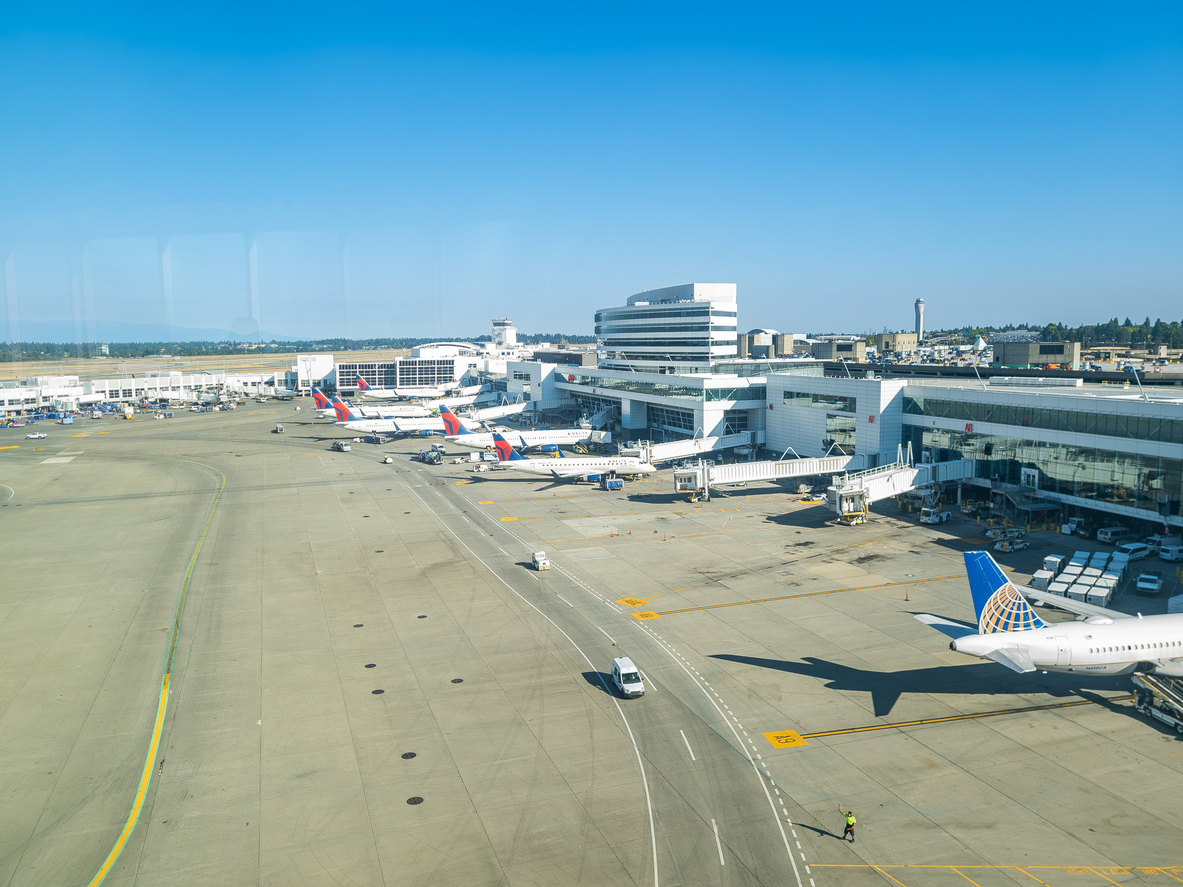
Passengers reported extended wait times, with many flights being delayed for hours or canceled entirely. The chaos unfolded as technical issues hampered the airport's ability to manage flight schedules, check-in processes, and baggage handling systems. Although the specific cause of the disruption remains under investigation, initial reports indicate that a cyber intrusion may be responsible for the network failure.
As of Monday afternoon, airport officials had not provided a clear timeline for when normal operations would resume. Travelers were advised to check with their airlines for the latest updates and to prepare for extended delays. The airport’s IT team is collaborating with cybersecurity experts to restore functionality and secure the systems.
The disruption at Seattle-Tacoma Airport comes at a time when the aviation industry is increasingly vulnerable to cyber threats. Over the past few years, airports and airlines worldwide have become targets for cyberattacks, which can compromise sensitive data, disrupt operations, and create widespread confusion.
While the exact details of the possible cyberattack remain unclear, experts suggest that the airport's systems may have been targeted by ransomware or another form of malicious software. Ransomware attacks have become more common in recent years, with hackers often demanding payment in exchange for restoring access to encrypted data or systems.
This incident has raised alarms within the aviation industry, prompting discussions about the need for enhanced cybersecurity measures. Experts have long warned that airports, which rely heavily on interconnected networks and complex IT infrastructure, are particularly susceptible to cyberattacks. The situation at Seattle-Tacoma Airport underscores the urgency of addressing these vulnerabilities.
The Federal Aviation Administration (FAA) and the Department of Homeland Security (DHS) have been alerted to the situation and are monitoring the developments closely. While no official statement has been made about the nature of the disruption, the involvement of federal agencies suggests the potential seriousness of the incident.
For passengers stranded at Seattle-Tacoma Airport, the delays have caused significant frustration. Many travelers expressed concerns about missed connections, disrupted plans, and the lack of clear communication from airlines and airport staff. Social media was flooded with complaints as passengers sought answers and updates on the situation.
Airlines operating out of Seattle-Tacoma Airport have also been impacted, with several carriers reporting delays across their networks. The ripple effect of the disruptions has spread beyond Seattle, affecting flights to and from other major hubs in the United States.
As airport authorities work to resolve the issue, the incident at Seattle-Tacoma Airport serves as a stark reminder of the growing threat of cyberattacks in the aviation sector. The need for robust cybersecurity protocols has never been more apparent, as airports and airlines continue to be prime targets for hackers.
The aviation industry, already under pressure from challenges such as staffing shortages and fluctuating demand, now faces the added burden of defending against sophisticated cyber threats. This latest incident is likely to spark further discussions about the steps needed to protect critical infrastructure and ensure the safety and reliability of air travel.
Seattle-Tacoma International Airport has assured passengers that every effort is being made to restore normal operations as quickly as possible. However, the full extent of the damage and the time required to fully recover remain uncertain. As investigations continue, the focus will be on identifying the root cause of the disruption and preventing similar incidents in the future.
Topics
World
